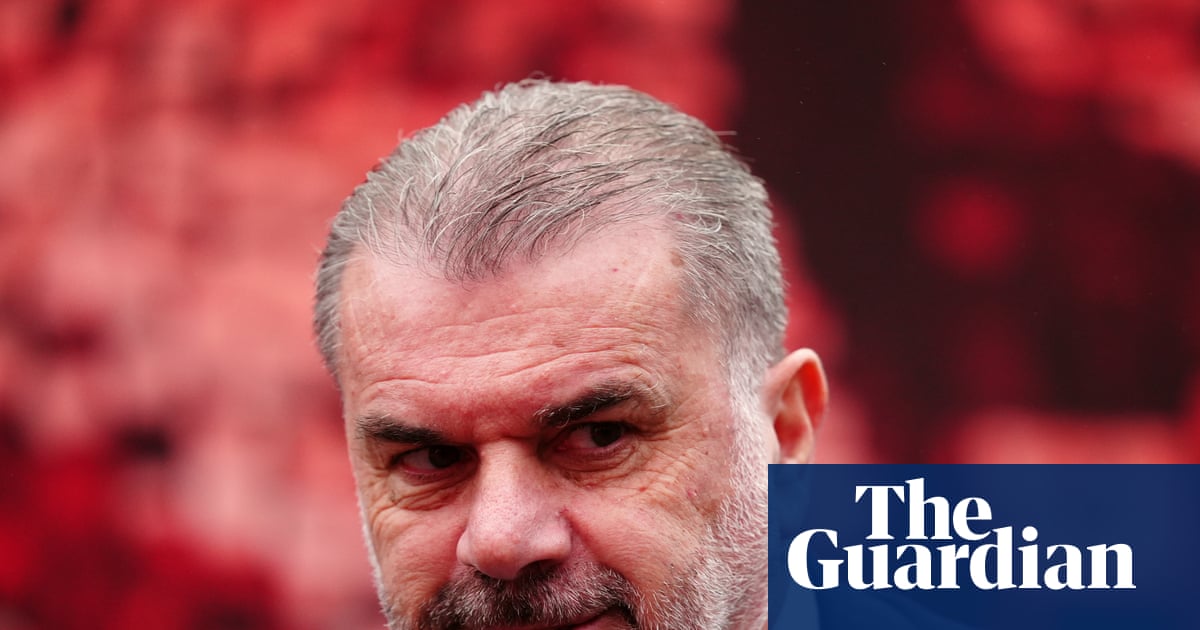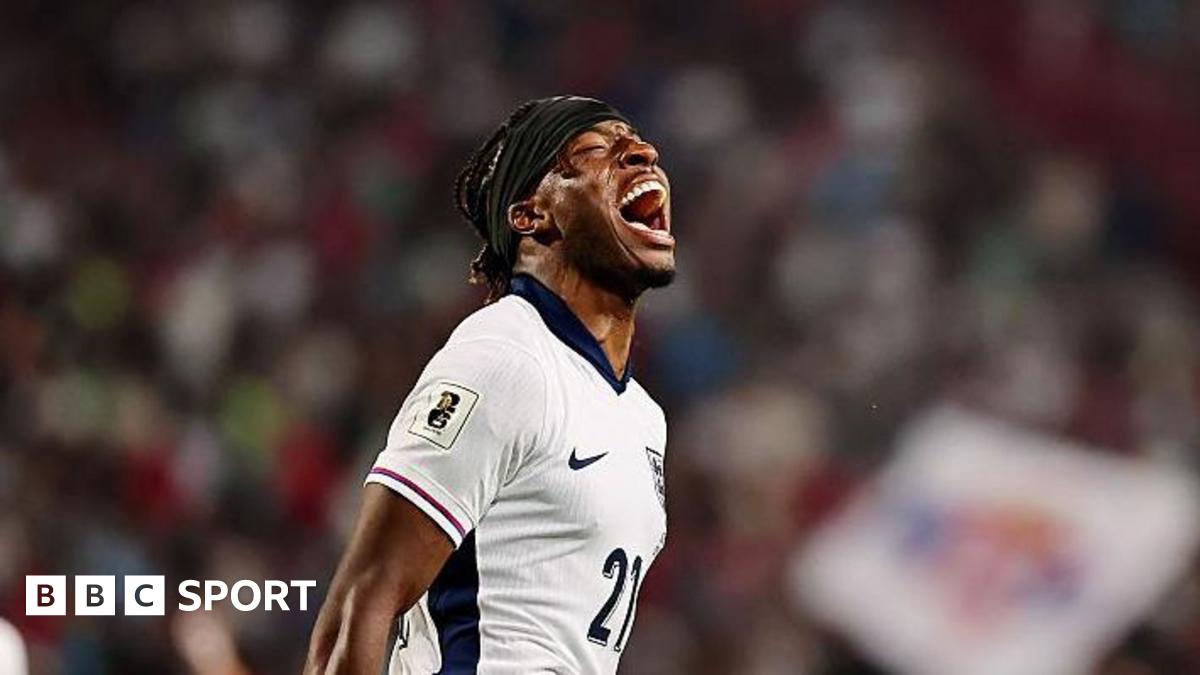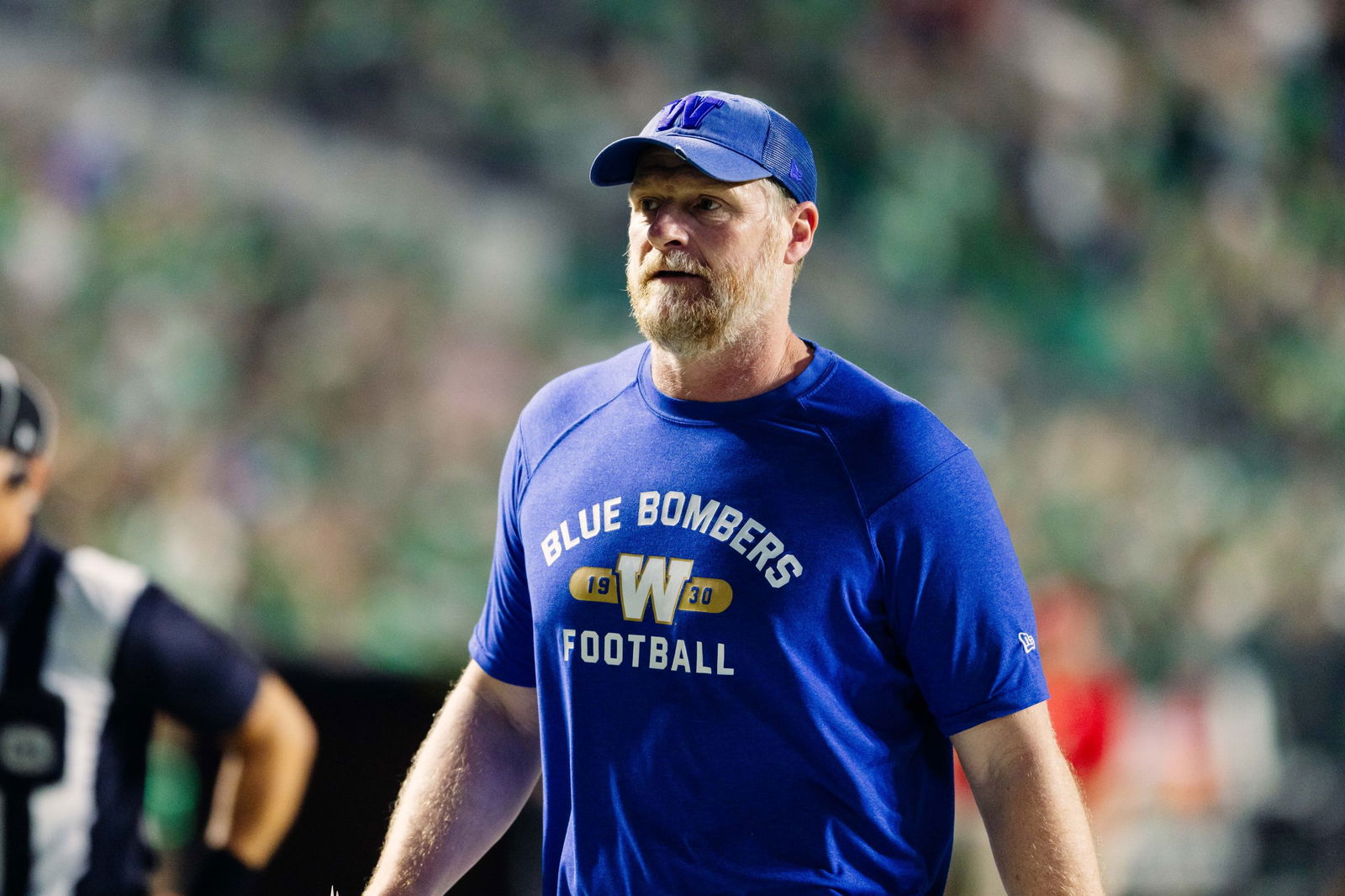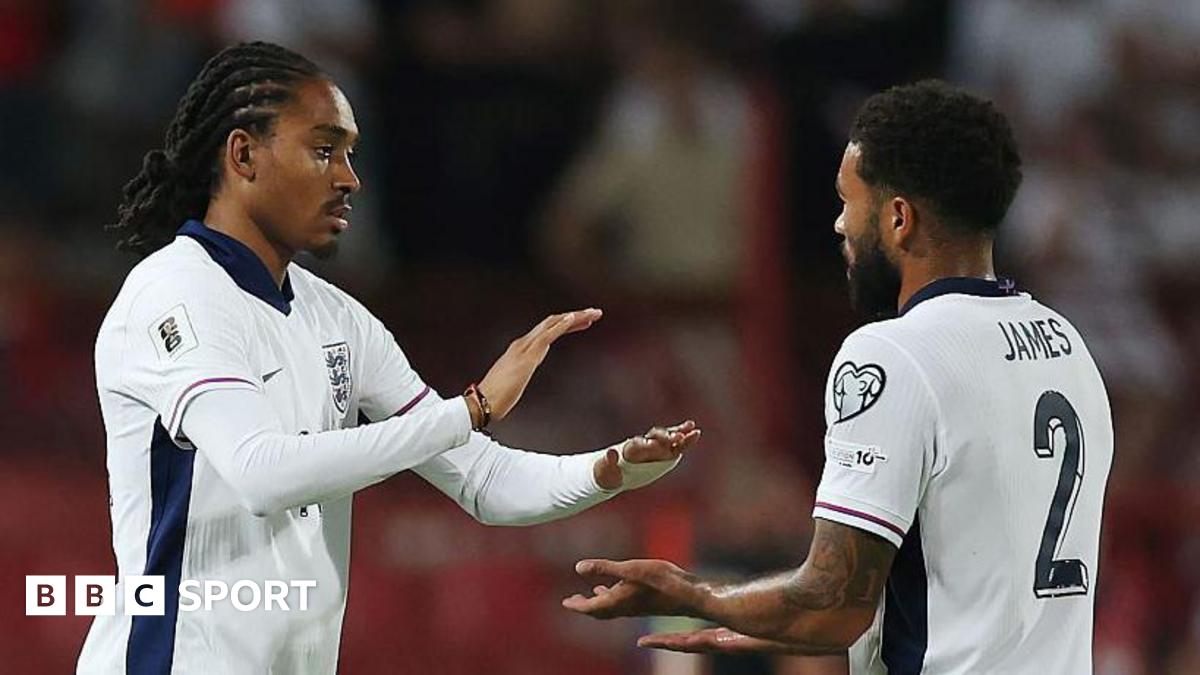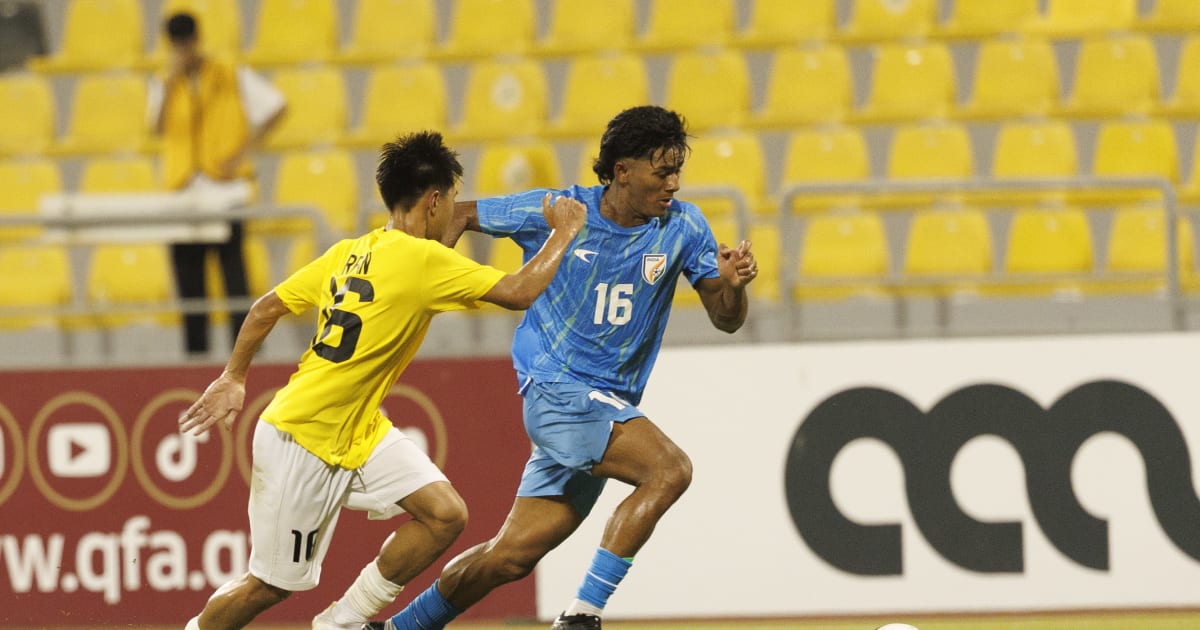Letsile Tebogo stars in World Athletics’ ‘Built for Speed’ documentary charting his rise from Gaborone to Olympic Gold
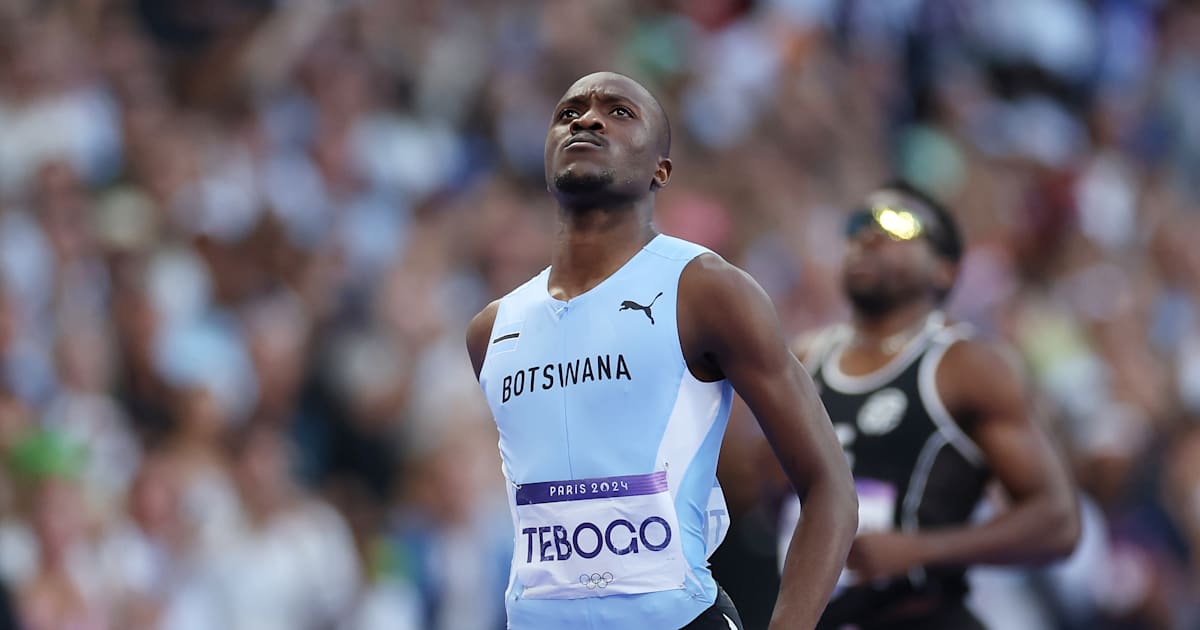
From the streets of Gaborone to the top of the Olympic podium, Letsile Tebogo—Botswana’s first-ever Olympic gold medallist with his 200m triumph at Paris 2024—takes centre stage in a new documentary from World Athletics.At just 21, the athletics phenom opens up about his journey, including his world junior records, the heartbreak of losing his mother, his pride in his nation and the African continent, and the triumph of Olympic gold.Tebogo is set to compete in both the 200m and 100m at the World Athletics Championships Tokyo 25, which will serve as the final track and field competition of the season, from 13–21 September 2025. Tebogo enters as the defending Olympic champion and, now, a global star.World Athletics Championships Tokyo 25: Preview and how to watch track and field action liveWorld Athletics Championships Tokyo 25: Six key track and field match-ups to watchSydney McLaughlin-Levrone, Noah Lyles lead U.S. team for track and field WorldsWayde van Niekerk, Akani Simbine and Bayanda Walaza headline South African rosterHow Usain Bolt inspired Tebogo to make the leap from football to athleticsTebogo and his longtime coach, Kebonyemodisa “Dose” Mosimanyane, bring viewers into the Olympic champions’ life starting from his life as a young teenager in Gaborone. Tebogo shares how impactful sport was in his life growing up in a dangerous neighborhood; in the documentary he reveals that many of the youngsters he grew up with are behind bars—“Without sport I believe I’d also be behind bars because that was the only way we knew of.”Tebogo only started athletics at age 13, after playing football throughout his youth. “We believed that football was the only way to survive,” shares Tobego. After being benched too much for his linking, he took up athletics inspired by legendary Jamaican sprinter Usain Bolt.“By the time I did that transition (from football to athletics), Usain Bolt – he was the hottest thing in the sport,” says Tebogo. “Even though he retired in 2017, it went on up to 2019 when we came in—we still knew that nobody could beat him. I wanted to be like him.”Bolt appears in the documentary to praise Tebogo: “Where to start with this kid?” says Bolt. “The talent is there, the confidence is there also, which is always important – going out there and competing at a high level.”Letsile Tebogo’s rapid rise from U20 Champion to the World Championship podiumBuilt For Speed deftly shows Tebogo’s swift transition from football to track and field success. Starting at the World Athletics U20 Championships in Nairobi in 2021, where Tebogo won the 100m with a time of 10.19, securing his first World Junior title. The following year, at the World Athletics Championships in Oregon, Tebogo set a U20 world record of 9.94 in the 100m.Just weeks later at the 2022 World U20 Championships in Cali, he went even faster—and in more memorable fashion. Tebogo was confident in his lead during the 100m final, but shared that wanted to make this win, in his words, “more interesting,” which he succeeded in doing, turning his body and celebrating with 40 metres still to go. He crossed the line in 9.91 seconds, smashing his own U20 world record with a new fastest time.“[That race] is a memory that will always live within my heart,” he reflects, “Running a new world record was not the plan, but it just came naturally.”Tebogo’s next challenge came in 2023 at the World Championships in Budapest. Making his senior-level debut, Tebogo admits he felt both fear and determination: “I was super locked in because I wanted that transition to really, really work from being a junior to being a senior now. I was scared, I didn’t know what to expect. Nobody knew who Letsile was back in 2023.”That all changed when he crossed the line to take silver in the 100m. For Tebogo, it was the confirmation he had been chasing: “That transition was what I’d been dreaming of since I started athletics—that was the validation of the potential I didn’t see growing up.”Letsile Tebogo on overcoming the tragic loss of his motherA turning point that almost led to the end of Tebogo’s meteoric rise came in 2024, during the USATF LA Grand Prix. While competing in California, he received devastating news from coach Mosimanyane that his mother, who was ill, had passed away back home in Botswana. “I felt like it was over for me—it was over for athletics. I just needed to hand in the boots. I didn’t have the confidence to go out there and do what I have to do,” Tebogo recalls.Tebogo went back to Botswana to heal and to mourn. He spent weeks at home, uncertain whether he would return to competition. It was only through the encouragement of his teammates—and his own quiet reflection—that he began to heal. “Would she be happy if I left the sport?” he asked himself. That question brought him back.“There’s a lot of pain that is inside that needs to go out, and the only way I can do that is through running,” he says. “There is no other thing that I can do to make it go away.”Tebogo now runs with his mother’s memory: “I’ll always carry her as an inspiration—it’s not every day that you get a supportive parent behind your back in every decision that you make. She was able to show us the right path.”Tebogo reflects on Paris 2024 Olympic gold: “That 19 seconds felt so peaceful.”For Tebogo, his first Olympic Games were never meant to be about medals. Paris 2024 was supposed to be a learning experience—a chance to measure himself against the world’s best. “We went into these Olympics to learn and see how different we can work,” he explains.But once he lined up for the 200m, everything clicked. He recalls the moment when he passed Noah Lyles in the semifinal, that this was more than a practice run. “I knew that all I need to do is take what I’ve done in the semifinal and transition it into the final. And make sure that I’m locked in and nothing disturbs me before the final.”Tebogo recalls wishing he had left more time to warm up ahead of the race, but his coach’s final words stayed with him: “You are ready. You don’t know it, but you are ready.” Tebogo says, “I had doubts at first, but I just took his words and locked them in.”In the final, everything unfolded as planned. At the start, he told himself, “If I don’t stumble, I can win this race.” He didn’t. On the bend, upon spotting Kenny Bednarek, he briefly questioned his pace, “Maybe I’m too slow.” but when he surged past, Tebogo knew no one could catch him. The newly-minted gold medallist pounded his chest in celebration on crossing the finish line; he describes the race with striking calm: “That 19 seconds felt so peaceful.”Bolt, Tebogo’s childhood idol, spoke to his awe at what Tebogo had achieved: “I know a lot of people who would have ended the season. I had the opportunity to congratulate him. He’s going to go a long way, he’s going to win a lot of races and he’s going to dominate.”Letsile Tebogo sets his sights on the podium at 2025 Athletics World Championships TokyoThe two-part 30-minute documentary concludes with Tebogo turning his focus to the 2025 World Championships in Tokyo, where the expectations are immense for the team from Botswana. The team is keeping their approach measured. Coach Mosimanyane describes this year as a “recovery season” after the intensity (and success) of Paris 2024, with the goal of making the podium rather than chasing world records. “There’s pressure to beat the U.S., there’s a desire from Botswana to set a world record,” Mosimanyane explains. “But we need to give him time to recover, then set a target to go after it again.”Tebogo agrees, emphasising that world records will come when the time is right: “The moment you talk about the world record is the moment you mess up your training programme.”Tebogo enters Tokyo as the Olympic champion, though his season-best 19.76 sits behind Lyles (19.63), Bednarek (19.67), and Bryan Levell (19.69). The 200m finals are set for 19 September.In the 100m, he’s currently ninth in the world with a 10.03 season’s best, chasing Jamaica’s Kishane Thompson's 9.75. The 100m finals are set for 14 September.For Tebogo, the World Championships are another step on a much longer three-year journey—toward not just more medals, but toward the LA 2028 Olympic Games.

